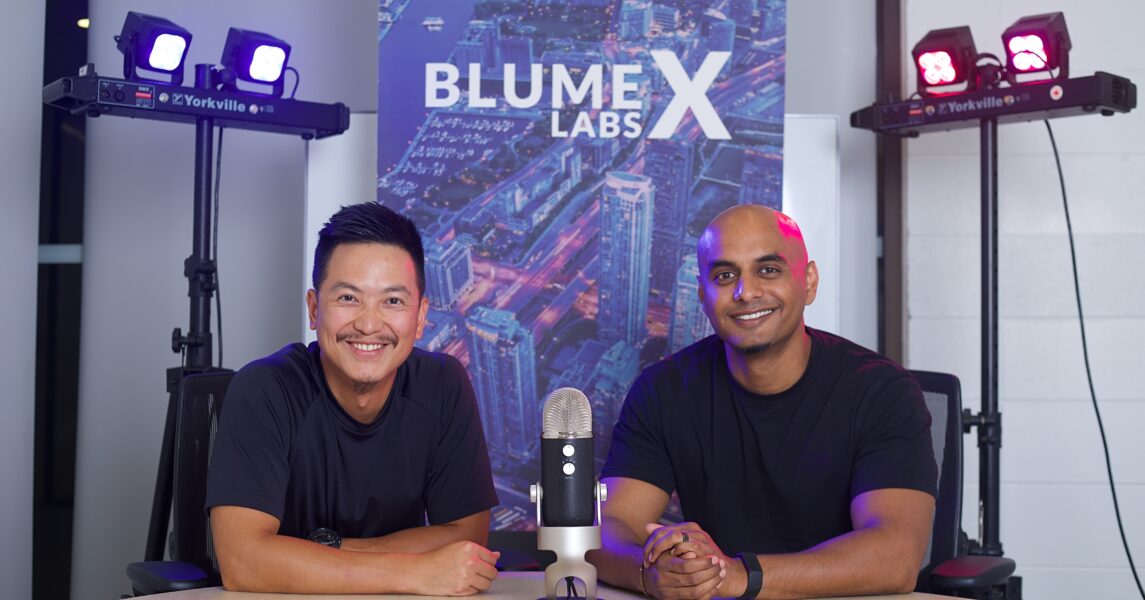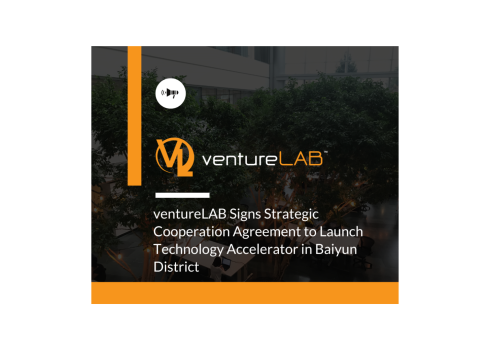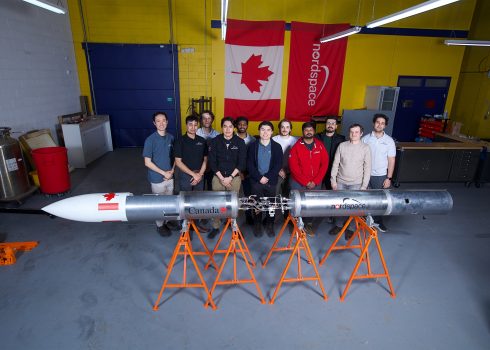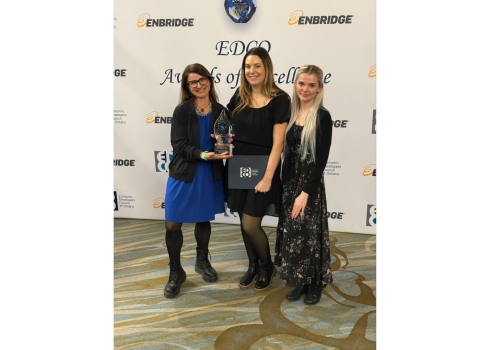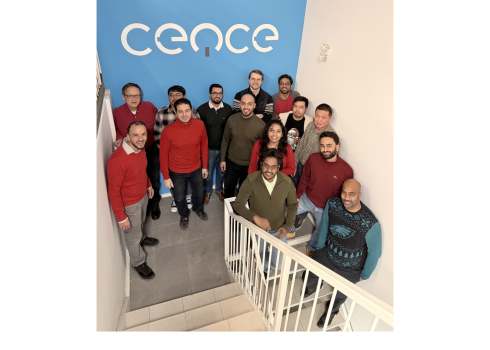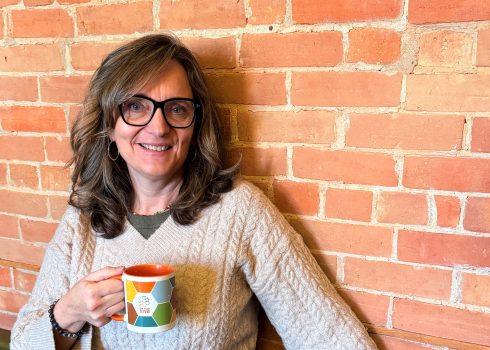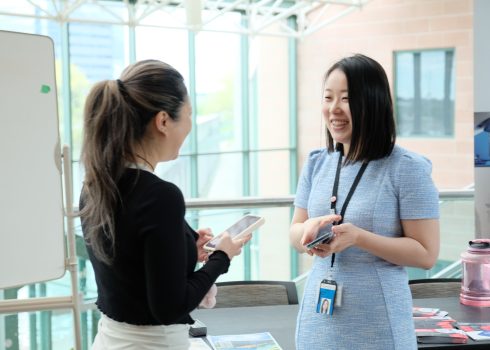The most essential resource for anyone building a business is having a community where you can get advice. But in today’s world of information overload, how do you know which community is the right one? More importantly, how do you know the advice you’re getting is correct?
These are the challenges that are driving Ravi Ravindran and the team at BLUMEx. The Markham-based startup has created a member-driven community that curates advice, information, and experiences from leaders across Canada’s innovation economy.
Ravindran, a graduate of the University of Toronto and York University Schulich School of Business, is a serial entrepreneur at heart. He started his first company while still in his undergrad program and has never looked back.
“After my first year of university, the 2008 financial crisis hit. I realized that many traditional jobs weren't safe, and I wanted to create my own opportunities,” Ravindran said.
Working in the startup scene in the GTA gave Ravindran a front-row seat to the bleeding-edge artificial intelligence work being done at universities and other tech companies.
“Machine learning was developed here in Canada. I graduated from UofT’s neurosciences faculty which is where much of the work in AI came from—including the work of Geoffrey Hinton. It wasn’t only research—it was the commercialization of it too,” Ravindran said.
The timing for Ravindran was perfect as the university’s newest incubator, UTSC The Hub, had recently opened its doors. The hub supports students or faculty members working on an idea they want to commercialize, and Ravindran said he was one of the first to take advantage of the program.
“The day it opened, I was the first person to knock on the door and the first to graduate from the program. After I graduated, they brought me on as an entrepreneur-in-residence where I had access to over 150 startups as they built and scaled their businesses,” Ravindran said.
During his time at the Experiential Learning Hub, he began to develop the idea for BLUMEx. Ravindran said that he saw a gap in what separated successful startups from failed startups.
“One of the main things incubator programs do is filter out the fluff. Companies that come out of a program are more likely to survive the next two to three years. But for those that graduate and fail, what were they missing? The answer was media. So we created a portable podcast set at the University for them to tell their story,” he said.
Storytelling is a critical skill for every founder, but many do not have the resources to perfect their pitch. The portable podcast system allowed these founders to record their stories to find ways to improve them. As Ravindran listened to the recordings, he said they realized they could parse through them and use the information to create a knowledge graph of their work and who they are. The challenge was scaling this work.
“At that point, we decided to launch BLUMEx to magnify the ideas that these startups are creating virally. Traditional media does not know how to tell these stories. We want to fill that gap by using AI to automate podcast production that cuts down a six-hour process to 15 minutes,” Ravindran said. “We filter your voice from the background to make it sound like you're in a studio. We can remove filler words and gaps from your conversation, making you sound like a more professional speaker. Even intros and outros.”
Today, BLUMEx has a network of over 20 podcasts, including VPs at Microsoft, independent consultants, and leaders from incubators and accelerators across Canada.
“We are hoping to become the Bloomberg of innovation,” Ravindran said.
Building BLUMEx in Markahm was an easy decision for Ravindran. He moved to the city when he started university and said Markham is a fantastic place to live and work. His parents even made the move to Markham, and Ravindran recently bought a home across the street from them.
“I love the area. I’m connected to all the community centers, workspaces, and libraries. It's great to be able to play tennis across the street or walk my dog in the park. Everything is within walking distance,” he said.
While Ravindran primarily works from home, his wife often needs to travel to Toronto. But he said the transportation options create easy commutes.
“We have an express bus that comes across the street to my house. My wife takes it, and she’s downtown in about 20 minutes—it takes you right to the subway,” Ravindran said. “There's a lot of infrastructure in Markham that facilitates being a global nomad. I rarely go out for meetings, but when I do, everything is close. From meals to entertainment, Markham has a lot to offer.”
